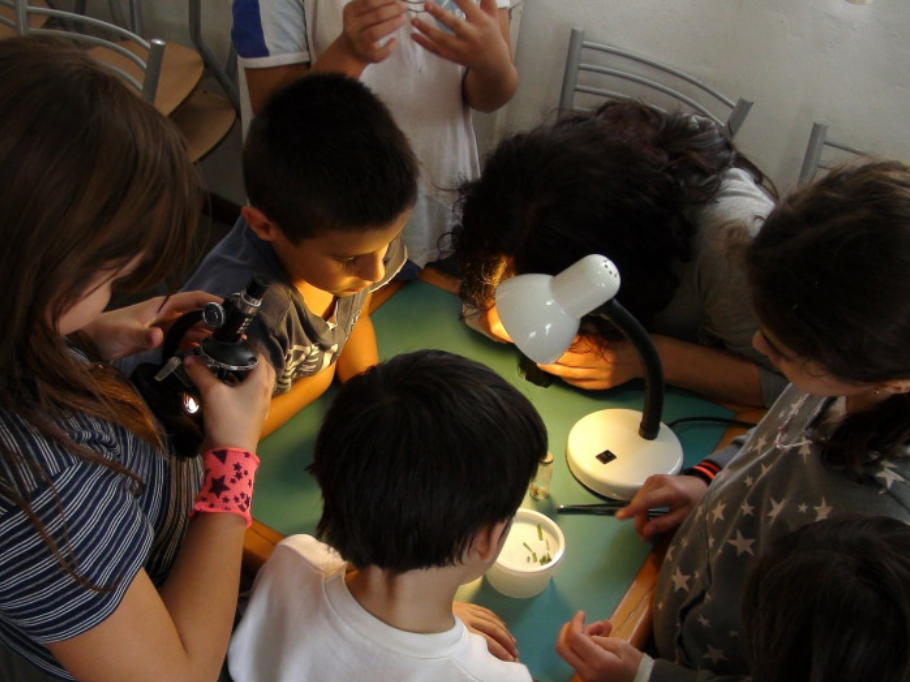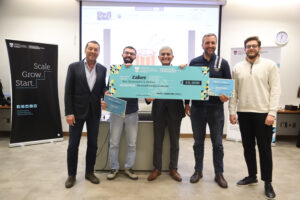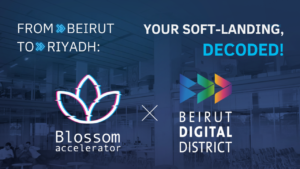We don’t have to think way out of the box, to understand the shifts and trends that will impact educational systems and the future job market. Already, with the global spread of the COVID-19 pandemic, schools and universities have adapted their programs to cater to students on digital platforms. Children as young as 3 years old joined their peers on Zoom calls, to receive course content every day of the lockdown. The bigger picture has shown us, that if the youth are not mastering digital literacy from a young age, they are already falling behind.
This is further confirmed by a study conducted by Oxford University that forecasts that 47% of current jobs will disappear in the next 25 years. The repercussions of the global pandemic have already made this figure a closer reality, with less and less jobs available, due to advancements in technology and automation. The skills that are needed for tomorrow and the near future, are changing at exponential paces, and the youth, as well as young adults in the workforce, need to take note.
But there is good news… Not all sectors and industries have been negatively impacted by the global lockdown. Digital platforms, e-commerce businesses, delivery services (for essential and non-essential goods), virtual healthcare, online learning, fintech solutions, AI and robotics took the lead, recording growth figures in one of the most difficult economic periods the world has witnessed.
In addition, due to advancements in technology, new opportunities are being created daily. With parts of jobs being automated, the workforce will have more time to spend on creativity and design thinking. In addition, new jobs will be created. The expected trend is to see new roles emerge in IT development, hardware and App creation, amongst others. The rise of Big Data will also require new types of roles in statistics and data analysis. Human centered jobs are now more appreciated (just think of the role of healthcare workers during the pandemic). And lastly, new opportunities for entrepreneurs will emerge, specifically in digital and tech sectors, healthcare, education and in areas that facilitate the lives of others.
To remain relevant in the future job market, and learn the skills required to become more competitive, educational systems need to transform.
Education systems in Lebanon are outdated
Taking Lebanon as an example, there are several challenges that individuals face, starting from childhood, until entering the workforce. For starters, the educational systems in Lebanon are greatly outdated, and do not factor in the skills needed for the future. During their teens and enrollment in university, students receive little career guidance and fail to see the links between academia and actual industry trends. And when they enter the job market, a lack of career opportunities meet them, dampening their potential.
The solution lies in rethinking the way we educate the youth
While the Lebanese education system may be outdated, there are shifts that can be implemented to make the youth more relevant. The focus should be on experiential learning, integrating interdisciplinary approaches, teaching tech skills and honing emotional intelligence. These elements need to be embedded in educational systems and students need to have access to them, even if they are extra-curricular activities. The youth needs to be encouraged to think creatively, problem solve and take charge of their learning process. They need to tap into technology, coding, robotics and AI to be well equipped in the future workplace. Students need to work on their oral and written skills, and brush up on their leadership skills. With a focus on emotional intelligence, they will be able to have more self-awareness, self-regulation, social skills, empathy and motivation.
With this in mind, the BDD Academy was founded to answer these requirements, through collaborations to foster STEAM education amongst the youth. Through design thinking programs for all ages (kids, university students and young professionals), individuals enrolled can advance their creative skills, to approach problems from different angles and derive solutions independently. By participating in the hands-on workshops and courses, students can embark on a trial and error journey, to make their ideas become a reality.
At the intersection of Technology, Design and Leadership, the BDD Academy aims to develop the skillset of people from all backgrounds to fulfill the digital jobs of today and tomorrow. As an incubator and collaborator in STEAM education programs, the BDD Academy targets both students and educational institutions to prepare them for tomorrow. Support is extended to the new generation of educational programs in testing and developing their curriculum, sourcing participants, fundraising and scaling.
Check out our latest collaborations here




